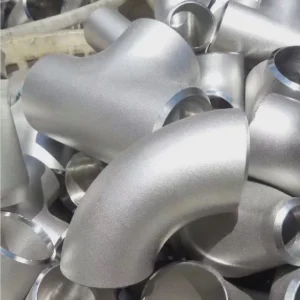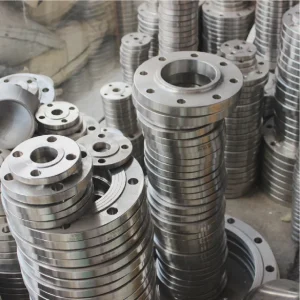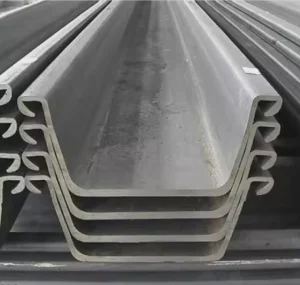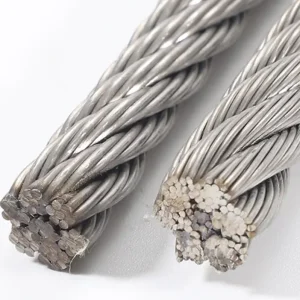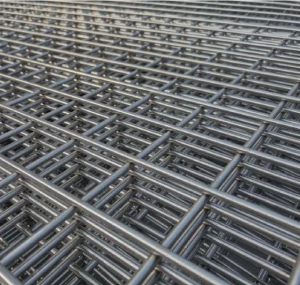In 2025 the market price for AA7075 alloy in coil form typically sits roughly between USD 2,000 and USD 4,200 per metric ton, with most traded offers clustering around USD 2,200–3,500/t depending on temper (T6/T651), gauge, cladding, and regional supply chains. Base aluminium benchmarks (LME/CME) set the platform price; 7075 carries a processing + alloy premium above the LME feedstock level.
1) What is AA7075?
AA7075 is a high-strength Al-Zn-Mg-Cu alloy widely used where tensile strength and fatigue resistance matter (aerospace fittings, high-end sporting goods, molds). Typical tempers for coil/sheet are T6, T651, T73/T7351; 7075 is more expensive than common structural alloys (e.g., 6061) because of alloying content and heat treatment requirements. For mechanical data and commonly cited specs see MatWeb / ASM and industry standards.
2) How a 7075 coil’s manufacturing route affects cost
Short, practical bullets:
-
Primary metal + alloying — zinc, magnesium and copper additions increase raw-material cost vs pure aluminium.
-
Melting & casting control — tighter chemistry control for 7075 adds processing cost.
-
Rolling & coiling — precise cold-rolling and tempering for thin coil gauges need more passes and annealing cycles.
-
Heat treatment — T6/T651 production needs solution heat treatment and artificial ageing; that raises energy and cycle costs.
-
Alclad (cladding) — adding a thin high-purity Al layer for corrosion protection adds cost and creates premium product SKUs.
-
Certification & testing — aerospace or defence orders often require MTRs, third-party testing and AMS/ASTM traceability — higher price.
These process steps explain why 7075 coil trades at a premium compared with commodity coil.
3) 2025 macro picture — what moves prices this year
-
Base aluminium benchmark (LME/CME) is the primary anchor. In mid-2025 LME aluminium traded in the ~USD 2,400–2,700/t band; alloy and processing add to that.
-
Smelter capacity & Chinese policy: Chinese output caps, domestic energy policy or export quotas can tighten supply and push premiums on alloyed products. Reuters and market reports tracked revisions to aluminium forecasts in 2025.
-
Energy & freight: rolling mills and heat treatment are energy-intensive. Higher electricity or LNG costs in a region raise local FOB levels.
-
Alloying metal availability: spikes in zinc or magnesium prices can nudge AA7075 cost even if LME base aluminium is flat.
-
Trade measures: tariffs, antidumping duties, or VAT changes alter landed costs quickly — always check the current duty schedule for your destination.
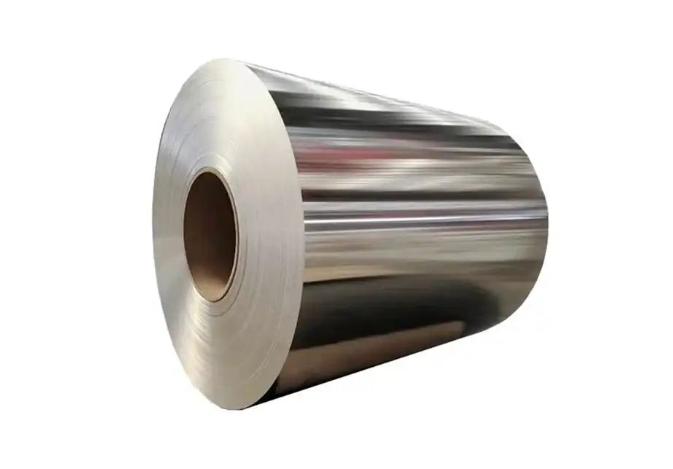
4) Global 2025 price comparison
Table below is representative — use it for budget planning. Prices vary by lot size, exact spec (temper, thickness, alclad), certification and delivery terms. Supplier quotes are the source of the regional ranges; LME gives the underlying base metal level.
| Region / market | Typical 7075 coil price (USD / metric ton) — 2025 | Typical form & comment |
|---|---|---|
| Global LME benchmark (base Al) | ~2,300 – 2,700 / t (mid-2025 observed band) | LME aluminium (cash/3-month); not alloyed. |
| China (FOB mainland mills) | ~2,000 – 3,200 / t | Wide range — mill offers on platforms show low-end factory lots and premium certified coils. |
| Europe (distributor, ex-works) | ~2,700 – 4,000 / t | Higher energy & labour costs; stockists add margin for certified T6/T651 coils. |
| USA (service centers / small lots) | ~3,000 – 4,200 / t | Smaller lot sizes, logistics and AMS/FAA paperwork raise price. |
| India / SE Asia | ~2,100 – 3,300 / t | Domestic mills and imports mix; prices move with Chinese and LME trends. |
How to interpret the table: the LME line is the raw aluminium reference; alloyed coil typically trades at a premium (processing + alloy surcharge). Low-end Chinese factory quotes assume big MOQs and minimal extra testing; aerospace-grade, tested coils are at the high end.
5) How specification choices change price
-
Temper (T6 vs T73): T6/T651 often costs more due to stricter heat-treatment cycles and higher rejection risk.
-
Thickness: very thin gauge (≤0.3 mm) needs extra rolling passes and tighter tolerance => premium.
-
Cladding (Alclad): adds material + rolling steps => extra cost per tonne.
-
Certification: AMS/FAA/EN/ASTM traceability and additional testing add per-lot fees and longer lead times.
-
Cutting & slitting, surface finish: extra processing steps increase price incrementally.
Practical rule: for non-critical consumer parts accept commercial T6 coils; for structural/aerospace buy certified T651/T7351 and budget a 10–40% premium versus commodity 7075 coil.
6) Procurement playbook — how to lower landed cost and reduce risk
-
Buy to spec, not to name: request complete chemical + mechanical MTRs and specify acceptable tempers and tolerances.
-
Order size: larger MOQs (5–25+ tons) unlock factory prices; small lots from service centers cost more.
-
Negotiate alloy surcharge: specify alloy composition tolerance bands and request a transparent alloy surcharge formula tied to quoted metals.
-
Quality checks: insist on pre-shipment inspection (PSI) or an independent lab test for critical lots.
-
Logistics: consolidate full container loads (FCL) to reduce per-ton freight. Consider EXW, FOB or CIF and compute landed cost including duties.
-
Payment & financing: negotiate L/C or partial T/T with escrow when dealing with new suppliers.
-
Stock management: when price upside is expected, buy a safety stock; when oversupply is forecast, work with suppliers on flexible release programs.
7) Why consider a Chinese mill supplier — practical benefits (Luokaiwei example)
Short, factual points tailored to Luokaiwei positioning (your company):
-
Factory price advantage — Chinese mills often offer lower ex-works USD/t because of scale and integrated supply chains. Typical mill quotes seen on commerce platforms reflect that advantage.
-
Customization & MOQ flexibility — Chinese manufacturers commonly support custom tempers, slitting, anodizing and small series production with fast tooling.
-
Inventory & rapid delivery — for stocked items an in-country mill can ship faster on FOB terms; Luokaiwei maintains stock SKUs and offers shorter lead times on standard coil sizes.
-
Export infrastructure — established export procedures and experience with MTRs/packaging reduce shipping friction.
-
Support services — testing, packing, and export documents can be supplied to meet buyer country requirements.
If you represent a sourcing team, ask Luokaiwei for a clear breakdown: base metal cost, heat-treatment processing, testing fees and freight so you can compare apples to apples with local distributors.
8) Standards, traceability and quality (authoritative notes)
-
ASTM B209 is the common specification covering aluminium and aluminium-alloy sheet & coil; many 7075 coils are supplied to this spec.
-
AMS / QQ / EN: aerospace orders often call out AMS-4045, AMS-QQ-A-250 etc.; ensure the supplier can meet the named AMS/EN spec.
-
Datasheets: MatWeb/ASM and manufacturer data sheets list temper-specific mechanical numbers used in acceptance testing.
Always require full MTR (mill test report) and include acceptance criteria in the purchase order to avoid disputes.
9) Quick checklist for a 7075 coil RFQ (copy & paste)
-
Alloy: 7075 (state acceptable composition tolerances).
-
Temper: T6 / T651 / other (state exact).
-
Thickness range and tolerances (mm).
-
Width and coil ID/OD requirement.
-
Surface finish / Alclad required? yes/no.
-
Certification: ASTM B209 / AMS / EN (specify).
-
MTR required: chemical + mechanical. 8. Packing & palletization.
-
Incoterm: FOB / CIF / EXW. 10. MOQ and sample request.
10) FAQs
Q1 — Is 7075 coil price just LME × factor?
No. LME (or CME) gives the base aluminium level. AA7075 adds an alloy surcharge (zinc, magnesium, copper) plus processing, heat treatment and testing premiums. Use LME as an anchor but expect a meaningful uplift for alloy and certified coils.
Q2 — How much premium should I budget for certified aerospace T651 coils?
Budget roughly 20–40% above mill commercial 7075 coil offers to allow for stricter heat treatment, traceability and additional testing — exact premium depends on quantity and certificate scope. (Aerospace procurements can attract even larger premiums for small orders.)
Q3 — Can I substitute 6061 to save money?
Only if mechanical strength, fatigue and application permit it. 6061 is noticeably cheaper but also lower strength; substitution must be validated by the design authority or engineer.
Q4 — How to verify a supplier’s 7075 claim?
Request full MTRs, independent third-party lab testing (chemical + tensile), and factory audit / photos of production/heat-treatment records. For high-risk orders, perform a sample test before full production.
Q5 — How fast can factories deliver stock 7075 coil?
For inventory items delivery can be 2–4 weeks FOB from China if coil is in stock; custom heat treatment or special testing typically adds 2–6 weeks. For precise lead time get a dated production schedule and shipping ETA on the PI.



